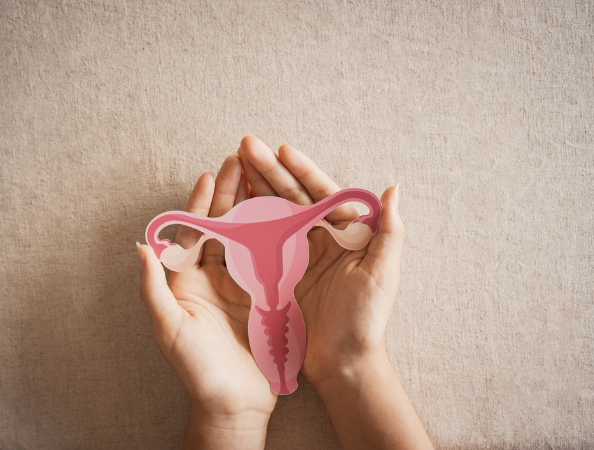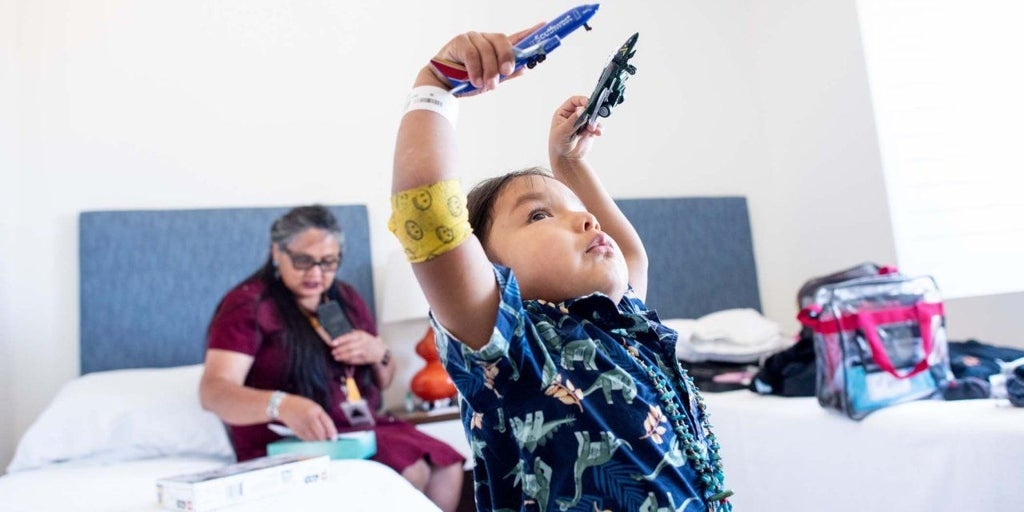76% of women in Colombia do not feel represented by brands during menopause.

Although discourse on women's well-being is gaining ground in Colombia, conversations about menopause remain scarce, uncomfortable, and, in many cases, invisible. This is according to a study by Kantar Insights, released in conjunction with World Menopause Day, which reveals a profound gap between women's reality and the way they are portrayed by brands, companies, and society.
According to the data, 76% of Colombian women do not feel represented by brands during this stage, and 68% believe there are not enough specific products or services that meet their needs. This finding highlights a social and cultural issue that is still experienced with little empathy.

More than half of women say this stage affects their daily lives. Photo: iStock
“Menopause shouldn't be experienced in silence or shame. It's a natural stage that often finds us uninformed, unsupported, and lacking in empathy,” says Leticia Navarro, Managing Director for Andean Regions at Kantar Insights. “At Kantar, we want to use our voice to open this conversation and generate real changes in the way society and brands view this stage.”
A process that impacts body, mind and relationships The study, which included women between the ages of 35 and 75, shows that perimenopause and menopause have a profound impact on daily life. Fifty-six percent say this stage has affected their daily lives, and 28% describe it as a "severe or unbearable" experience.
The most affected areas are sexual and relationship life, mood, physical health, and mental health. Despite this, many women are seeking to redefine the process: they aspire to feel connected (19%), focused (18%), energized (17%), determined (16%), in control (15%), and confident (14%).
Although 4.5% consider the disappearance of menstruation a positive change, the most uncomfortable physical symptoms persist: hot flashes (44%), night sweats (43%), difficulty sleeping (41%), migraines (39%) and hair thinning (36%).
To cope with them, many opt for lifestyle changes—exercise (14%), diet (12%), rest (11%)—while others turn to specific treatments or products.
On average, one in three women spends between $60,000 and $300,000 per month on menopause-related supplements, remedies, or products, reflecting an active search for solutions to the lack of institutional and social support.

There are many changes that women face during this stage of life. Photo: iStock
The study reveals an uneven picture based on socioeconomic status. While 46% of women in strata 5 and 6 say they feel supported, the figure drops to 2.5% in strata 3 and 4 and to 27% in strata 1 and 2. In total, 41% report feeling little or no support during this stage.
The main barrier to seeking help is difficulty expressing what one feels (27%), followed by lack of guidance in choosing products (23%) and lack of knowledge about how to begin treating symptoms (20%).
Women turn primarily to their primary care physician (51%), followed by family members (36%), partners (32%), and friends (28%). In contrast, very few seek specialized support (20%) or online support (7%).
In the workplace, the silence is almost absolute: only 1% mention Human Resources as a source of support, and barely 0.25% mention their manager.
Menopause and work: a still invisible challenge Talking about menopause at work remains taboo. According to the report, three out of ten women have experienced sick leave or have hidden the real reason for their absences due to this.
A third feel their company doesn't do enough to support them, while 18% have considered quitting. Half admit to worrying about their physical appearance in the workplace, and many say they feel less motivated to apply for promotions.

Menopause remains a taboo topic, with little empathy or visibility in society or among brands. Photo: iStock
Faced with this, 4 in 10 women ask that organizations offer online learning resources on menopause, and 39% suggest awareness events to foster spaces of empathy and understanding.
“These data show the urgency of normalizing conversations about menopause in the workplace as well,” Navarro says. “It's time for society, the healthcare sector, and brands to recognize the diversity of experiences, break down barriers, and create solutions that truly support and empower women.”
Globally, Kantar's findings point to a significant opportunity for brands: those that connect with empathy and consistency—between what they say, do, and represent—can increase their impact on sales and trust by up to 70%.
But beyond the numbers, Kantar insists that menopause isn't the end of anything, but rather the beginning of a new stage that deserves understanding, representation, and pride.
“At Kantar, we believe that brands, workplaces, and society have a fundamental role to play in recognizing and supporting women during this stage,” Navarro concludes. “This is a call to open the conversation and break down stigmas.”
Environment and Health Journalist
eltiempo




-U34160351147zXP-1024x512%40diario_abc.jpg&w=1280&q=100)
